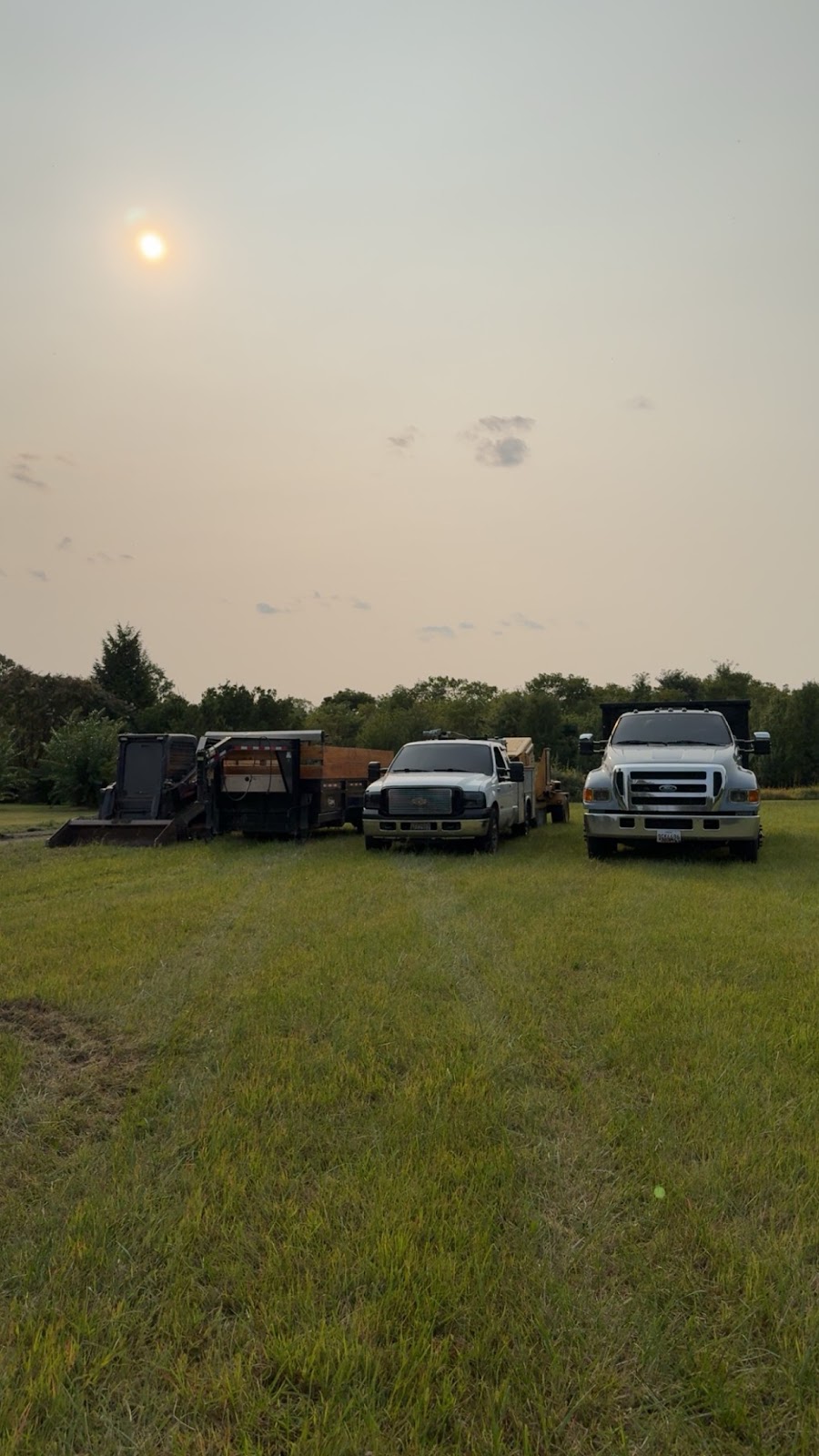
Transform Your Outdoor Spaces with Sustainable Landscaping Practices Aug 19, 2025
Sustainable landscaping starts with smart planning. Before planting or designing, evaluate the specific needs of your land. Observe sunlight patterns, soil type, and moisture levels. This knowledge allows you to choose plants that naturally thrive in your environment, reducing the need for excessive watering or chemical fertilizers. Native plants are a fantastic choice for sustainable landscapes as they require less maintenance and provide essential food and habitat for local wildlife.
Water conservation is another crucial element in sustainable landscaping. Techniques such as rainwater harvesting and drip irrigation systems can significantly reduce water usage. Rain gardens, designed to collect and filter stormwater, protect local waterways and prevent erosion. By implementing these systems, you not only save on water costs but also mitigate the harmful effects of runoff, which is especially beneficial in areas prone to heavy rainfall.
Additionally, consider the incorporation of xeriscaping principles. Xeriscaping involves landscaping with drought-resistant plants that require minimal water. It’s a smart choice for regions that experience extended periods of dry weather. Not only does xeriscaping reduce water use, but it also provides a low-maintenance option for homeowners looking to save time and effort on yard upkeep.
The use of organic mulches and compost also plays a significant role in sustainable landscaping. Mulches help retain soil moisture, suppress weeds, and regulate temperature. Composting provides rich, natural fertilizer that enhances soil health, promotes plant growth, and reduces the need for chemical fertilizers. By converting yard waste and kitchen scraps into compost, you're actively reducing waste and nurturing your garden soil.
Furthermore, integrating hardscaping elements such as permeable pavers can complement sustainable landscaping efforts. These pavers allow water to seep through and into the ground, thus minimizing runoff and promoting groundwater recharge. Hardscaping features like stone pathways and patios add aesthetic charm while being functional and environmentally friendly.
A crucial aspect of sustainable landscaping that often goes overlooked is the maintenance of biodiversity. Encouraging a diverse array of plants can attract a variety of pollinators like bees, butterflies, and birds, which are essential for a healthy ecosystem. Moreover, creating habitats for these creatures supports biodiversity and enhances your garden's aesthetic appeal with vibrant life and color.
Pleasant Valley Land Management is committed to helping you transform your outdoor spaces through sustainable practices that achieve both ecological balance and aesthetic beauty. By making thoughtful choices in plant selection, water management, and soil health, you can create an outdoor sanctuary that respects the natural world while meeting your personal landscape goals.
Ultimately, transforming your outdoor space with sustainable landscaping practices is an investment in the future. You'll enjoy a beautiful, lively environment today while fostering a healthier planet for tomorrow. Whether you're starting fresh or looking to modify your current landscape, the expert guidance of Pleasant Valley Land Management can lead you on a path towards sustainability without sacrificing style or function.
/filters:no_upscale()/media/671ac51a-d63a-4779-90fa-7bf4b209a8c6.jpeg)
/filters:no_upscale()/filters:format(webp)/media/ed7ee32a-cd43-4f7e-be18-0eeea69695f3.jpeg)